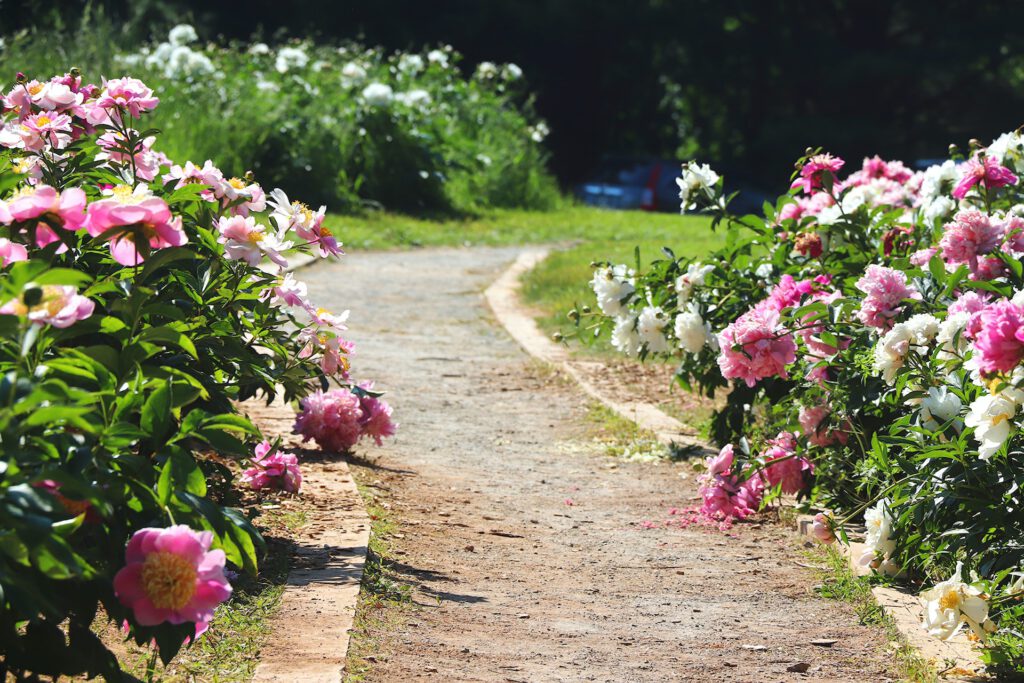What sort of funeral and burial can we choose?

Planning ahead and letting people know your preferences for your own funeral can be really helpful for the people who are making the arrangements. And knowing what the choices are will help you if you find yourself organising someone else’s funeral.
This article was put together with the help of Google Bard, Google’s artificial intelligence experiment. We asked a series of questions and edited the answers together to create this guide. We recommend that if in doubt you check with your funeral director.
What are my funeral options?
The most common types of funeral services in the UK are:
- Traditional funeral: This is the most traditional type of funeral and is typically held in a church or chapel. The service includes a eulogy, hymns, and prayers.
- Humanist funeral: This type of funeral is non-religious and focuses on celebrating the life of the deceased. The service may include music, readings, and poems.
You can choose:
- Traditional burial: Traditional types of burial have become less popular, possibly due to environmental concerns and cost. These types of burial were still accounting for 25% of funeral in 2018, with many preferring tradition, or a specific location.
- Natural burial: This type of funeral is becoming increasingly popular in the UK. The deceased is buried in a natural burial ground, which is an area of land that is not disturbed by human activity.
- Cremation: This is the second most common type of funeral in the UK. The deceased is cremated and their ashes are scattered or placed in an urn.
- Direct cremation: This is a new type of funeral that is becoming increasingly popular. The deceased is cremated without a service and their ashes are returned to the family.
About natural burials
There are a number of natural burial grounds in the UK. You can find a list of natural burial grounds on the Natural Death Centre website.
To arrange a natural burial, you will need to contact the natural burial ground that you have chosen. They will be able to help you to arrange the burial and to choose a coffin or shroud.
The cost of a natural burial will vary depending on the natural burial ground that you choose. There seems to be a lack of consensus on whether natural burials are more or less expensive than traditional burials.
Here are some of the benefits that people have enjoyed from a natural burial:
- It is argued to be a more environmentally friendly option than traditional burial.
- It is a more peaceful and serene way to be buried.
- It is a more personal and intimate way to be buried.
Disadvantages of a natural burial can include:
- No grave markings. Natural burial grounds do not typically provide grave markers, which can make it difficult to pay your respects or feel close to a loved one after the ceremony.
- Slow decomposition. While decomposition is left to nature, natural burial sites can require the body to be buried lower than the standard 2 feet. This can slow down the decomposition process.
- Limited availability. Natural burial grounds are not as widely available as traditional cemeteries.
- Religion. Some religions do not permit natural burial.
About humanist funerals
Humanist funerals are non-religious ceremonies that focus on the life of the deceased and the celebration of their memories.
Here’s how you can organise a humanist funeral in the UK:
- Find a humanist funeral celebrant. A humanist funeral celebrant is a person who is trained to lead a non-religious funeral ceremony. You can find a humanist funeral celebrant on the Humanists UK website.
- Plan the funeral. This will involve deciding on the date, time, and location of the funeral, as well as the music, readings, and other elements of the ceremony.
- Hold the funeral. The celebrant will lead the ceremony, and you will have the opportunity to share your memories of your loved one.
Benefits of a humanist funeral include:
- It is a non-religious ceremony that focuses on celebrating the life of the deceased.
- It can be customised to fit the specific needs of the family and friends of the deceased.
- It can be held in any location, including at home or in a public place.
- It can be a more personal and meaningful way to say goodbye to a loved one.
There are some potential disadvantages to humanist funerals, including:
- Lack of tradition. Humanist funerals are a relatively new form of funeral, and there may be some people who feel uncomfortable with the lack of tradition.
- Lack of structure. Humanist funerals are typically more informal than traditional funerals, and this can be off-putting to some people.
- Lack of religious comfort. A humanist funeral may not provide the same level of comfort as a traditional religious funeral.
- Lack of community. Humanist funerals are often conducted in small, secular settings, and this can make it difficult for people to find a sense of community.
Find out more
Your first stop is likely to be a funeral director. You can talk to them about your preferences and ask whether they are able to help with your funeral choices.
Other articles you may find useful:
Photo by Lynn Danielson on Unsplash
